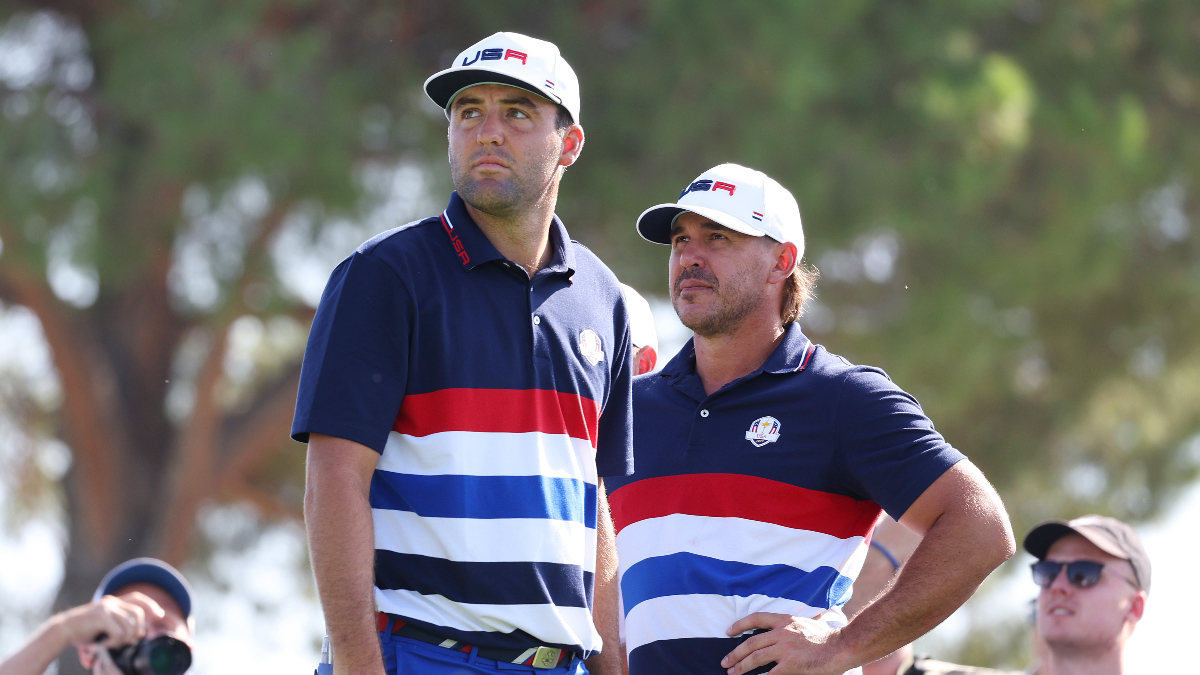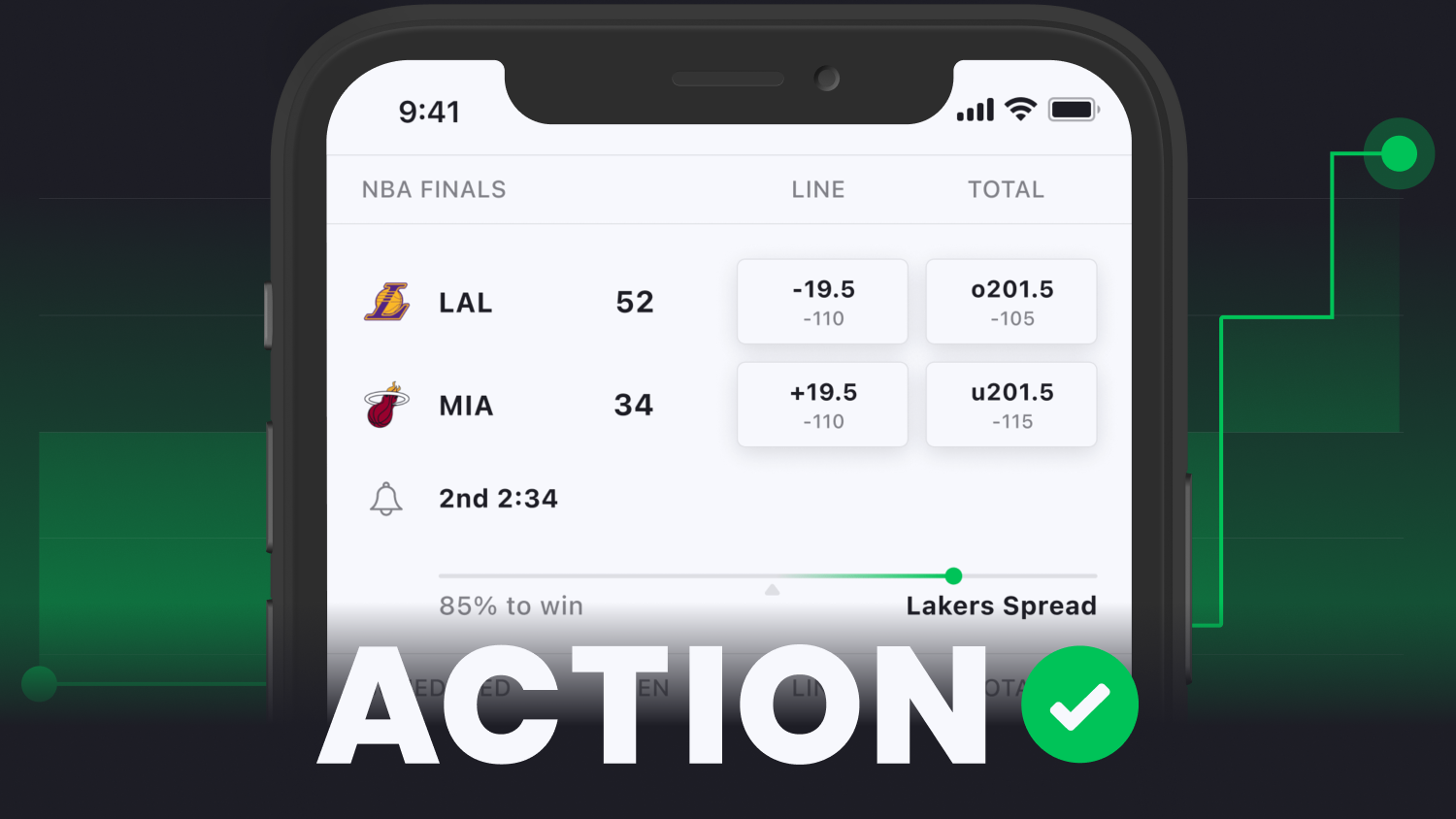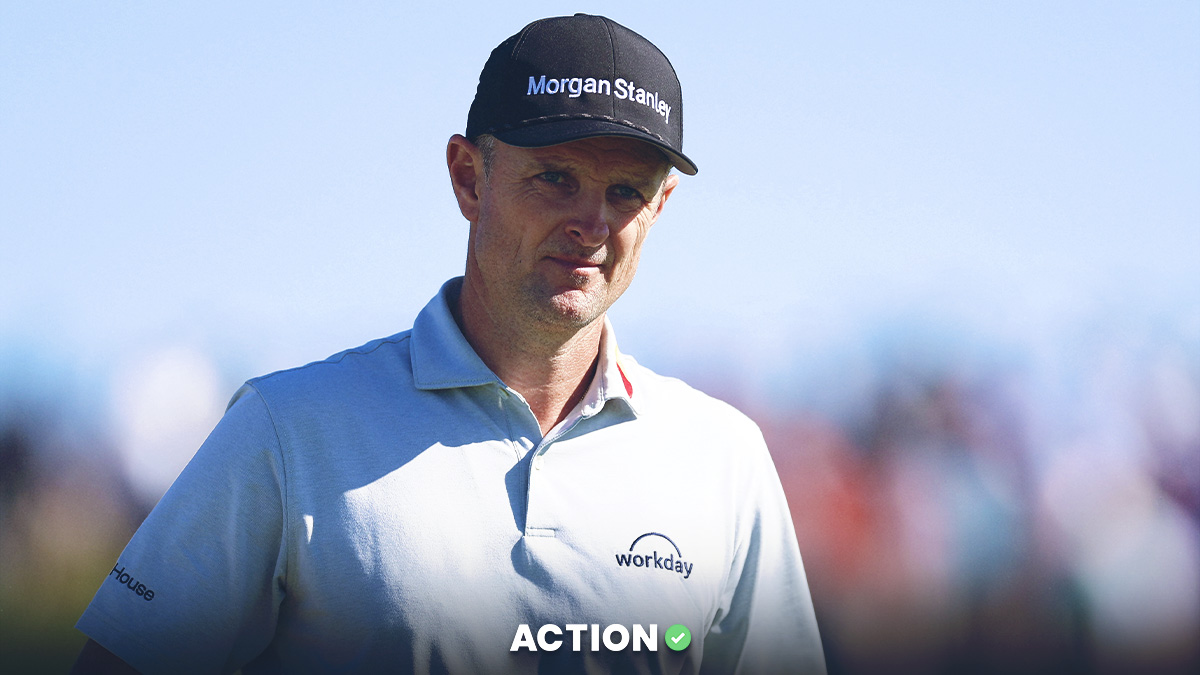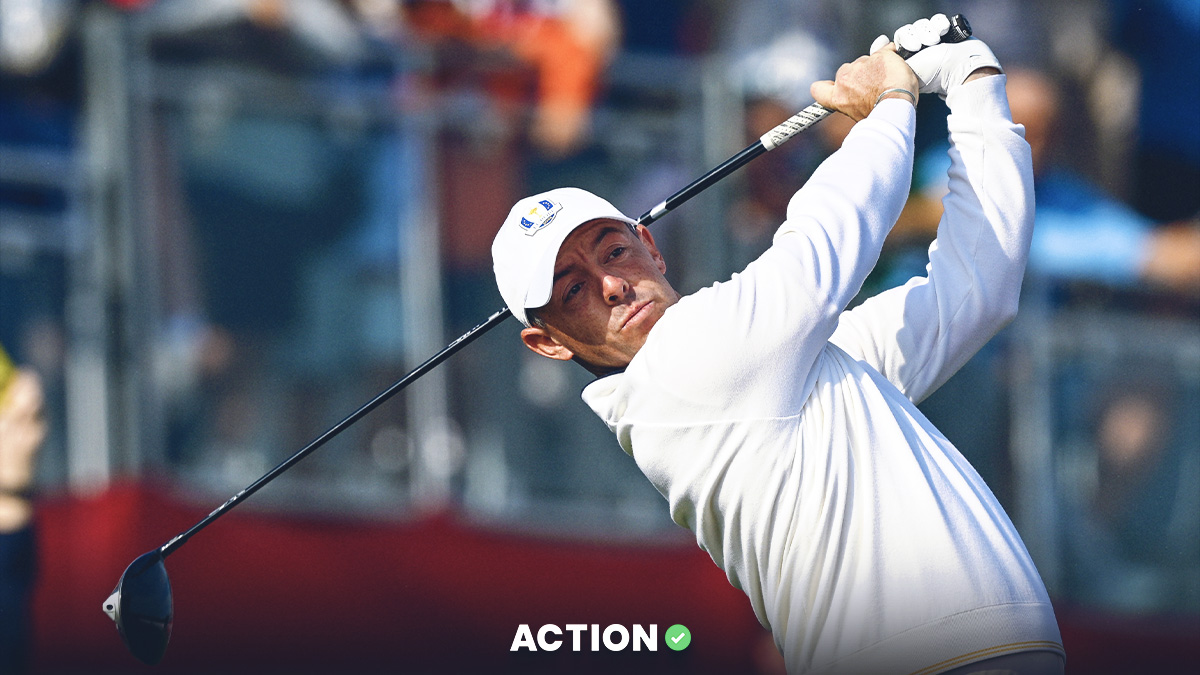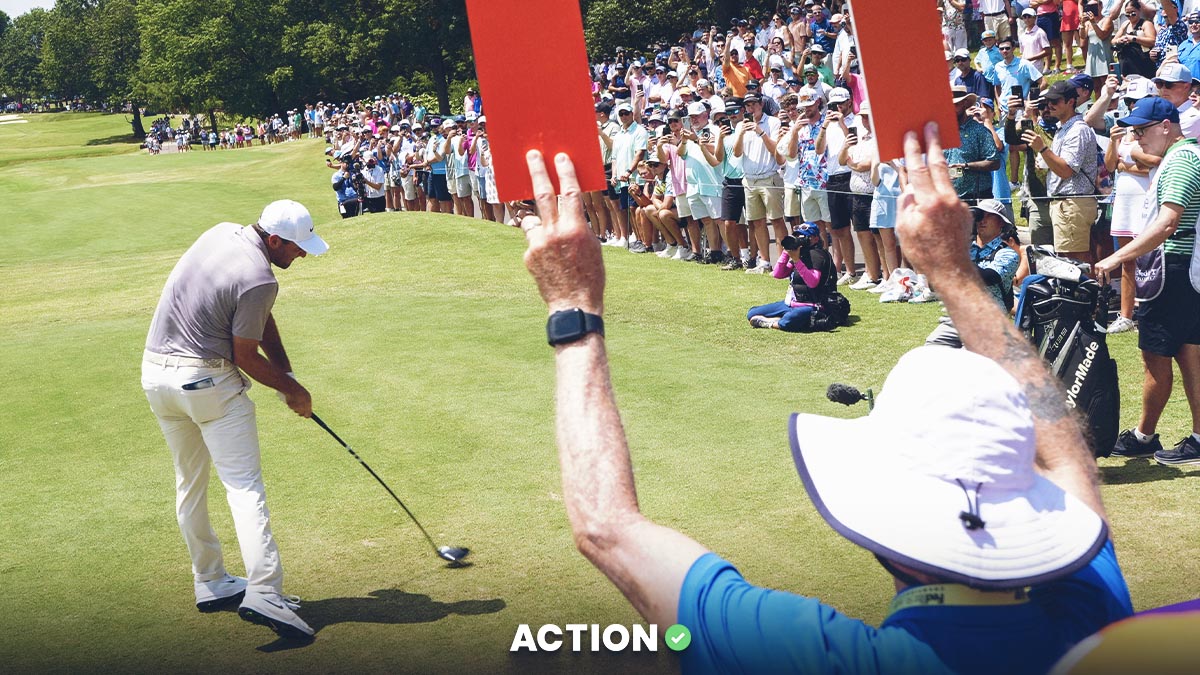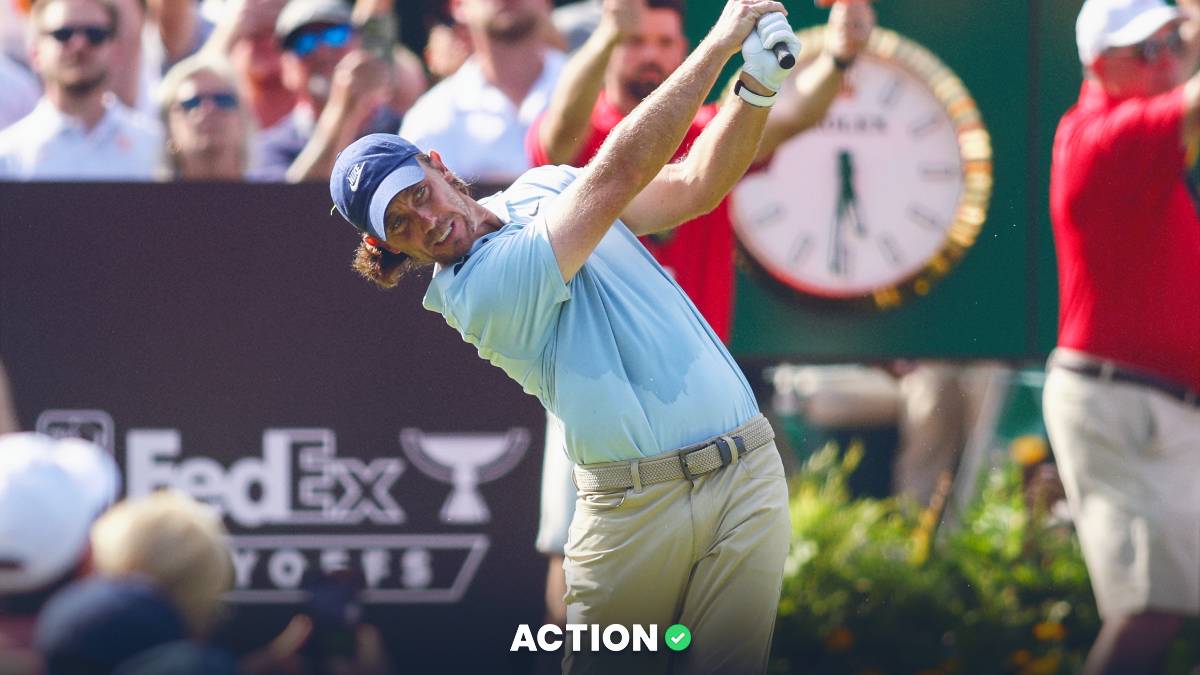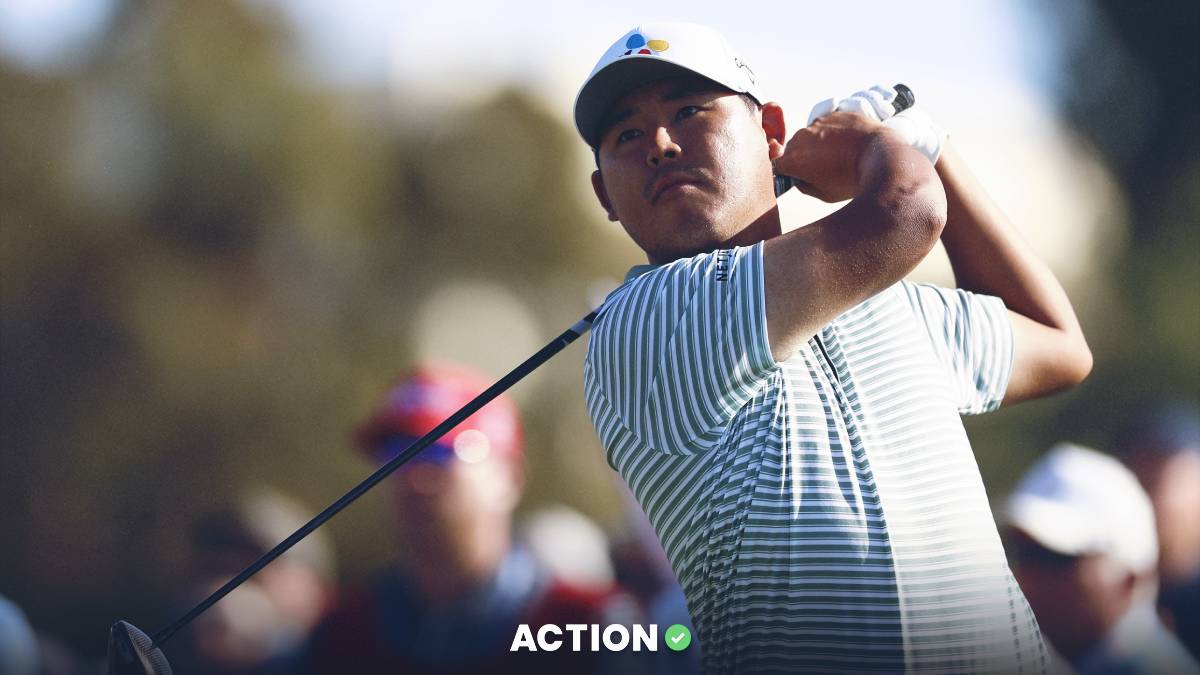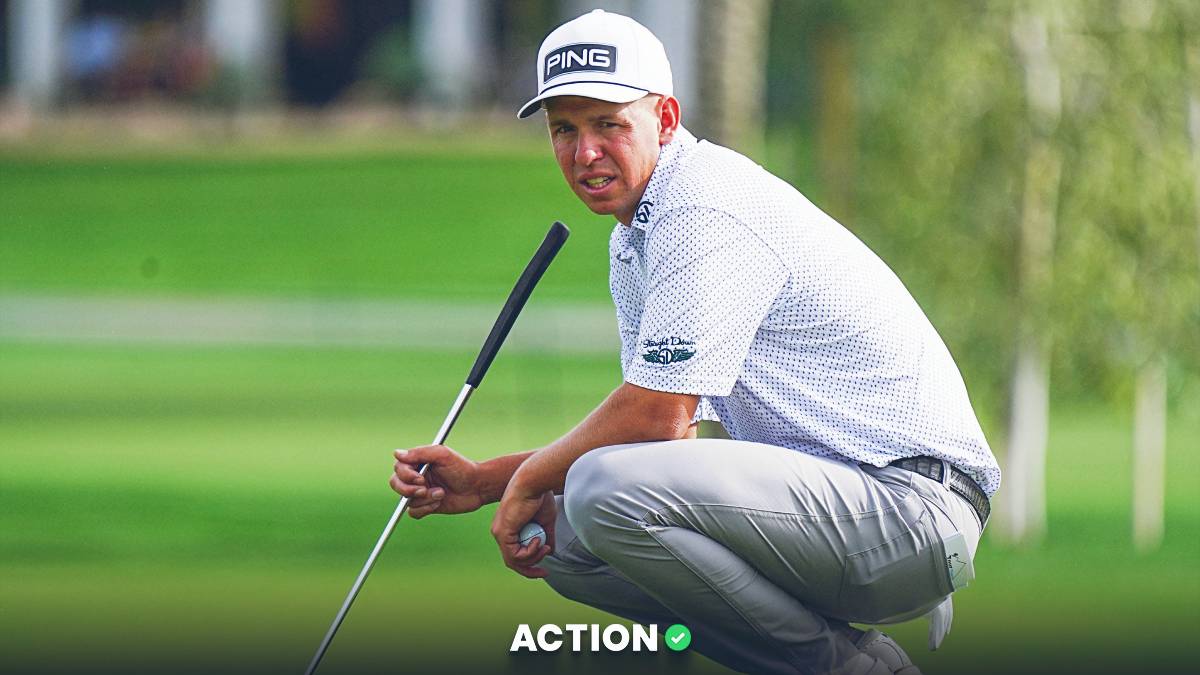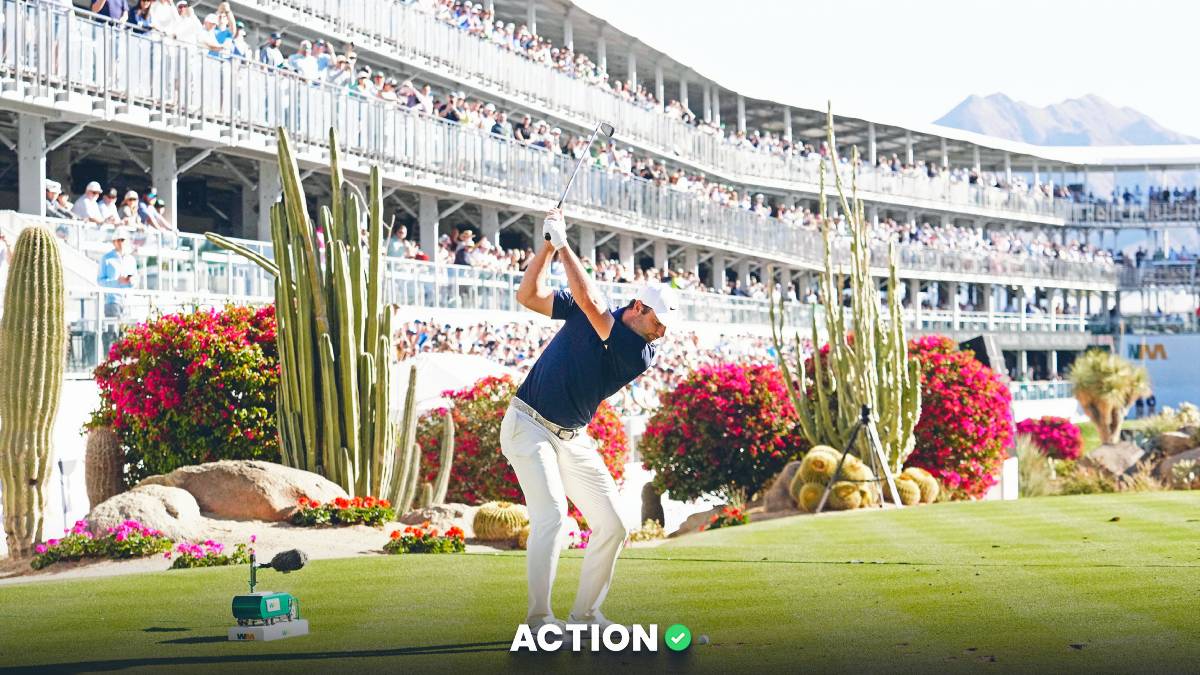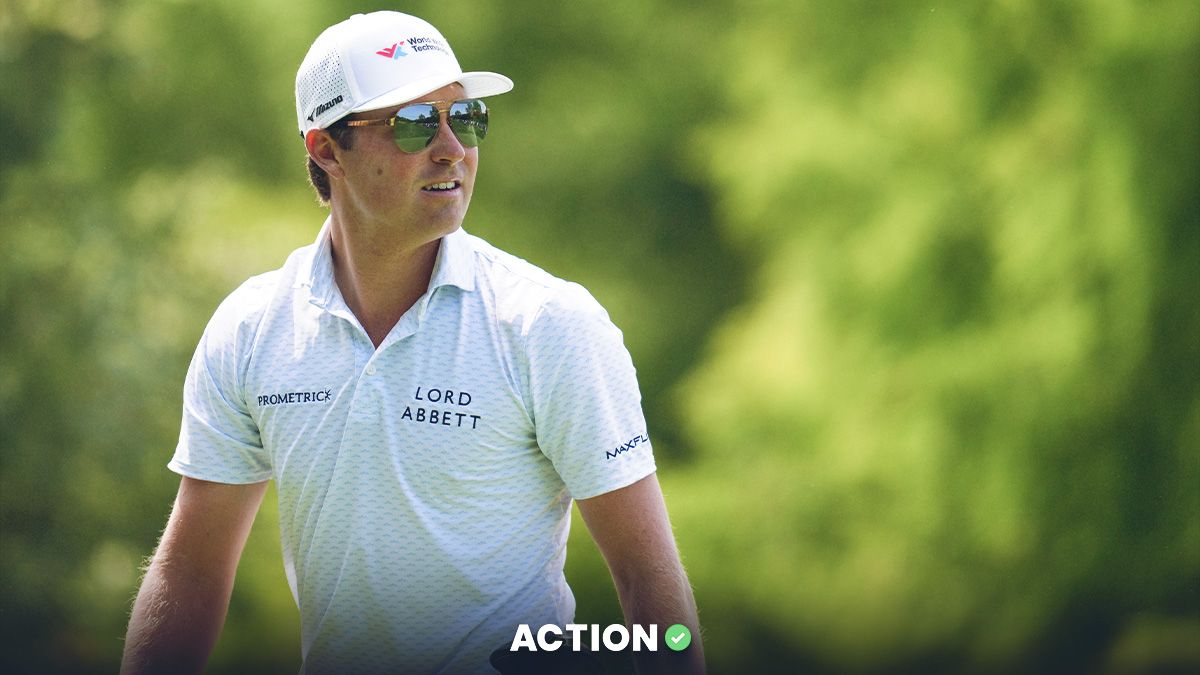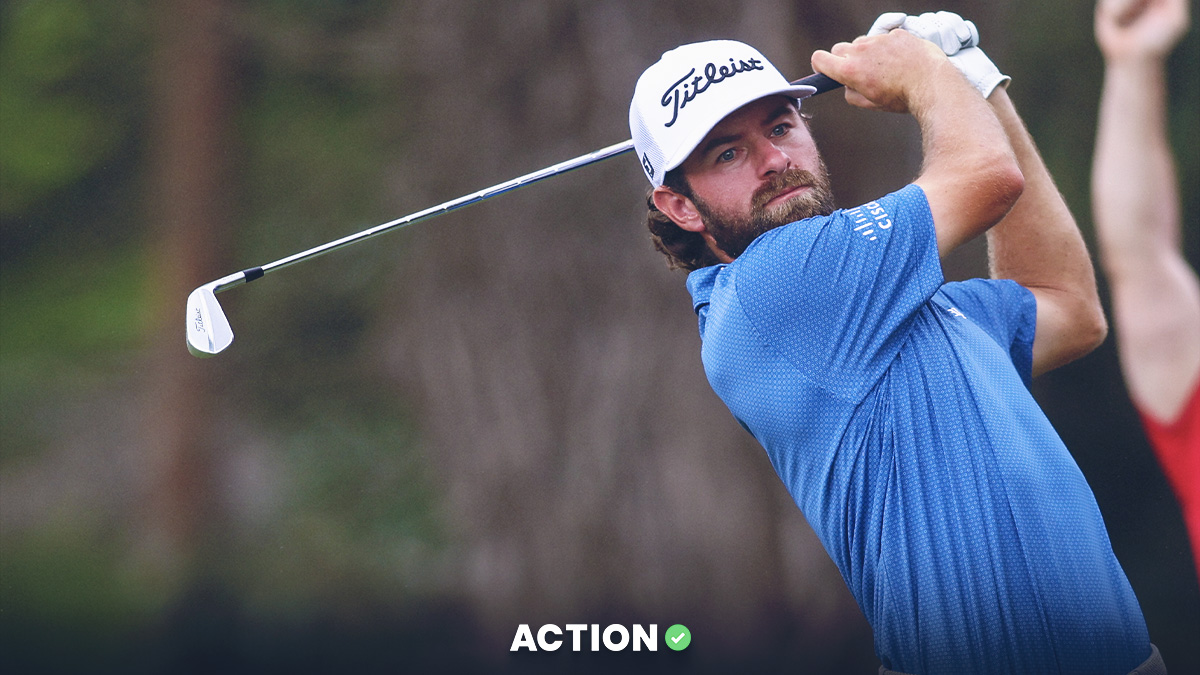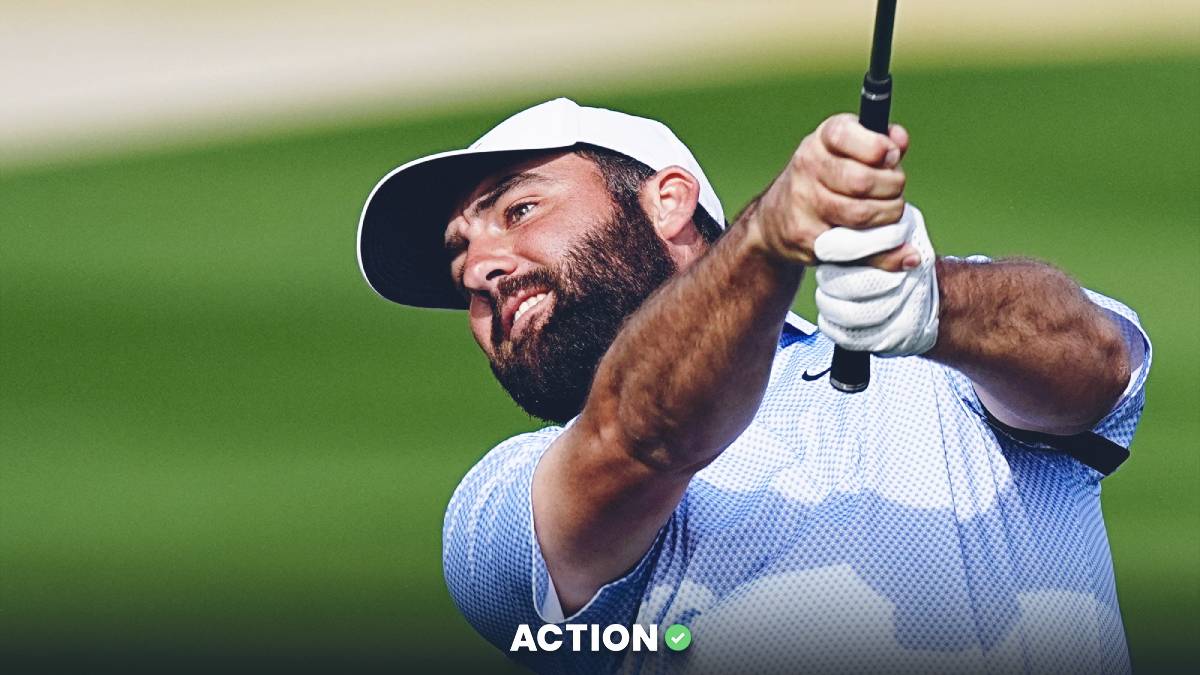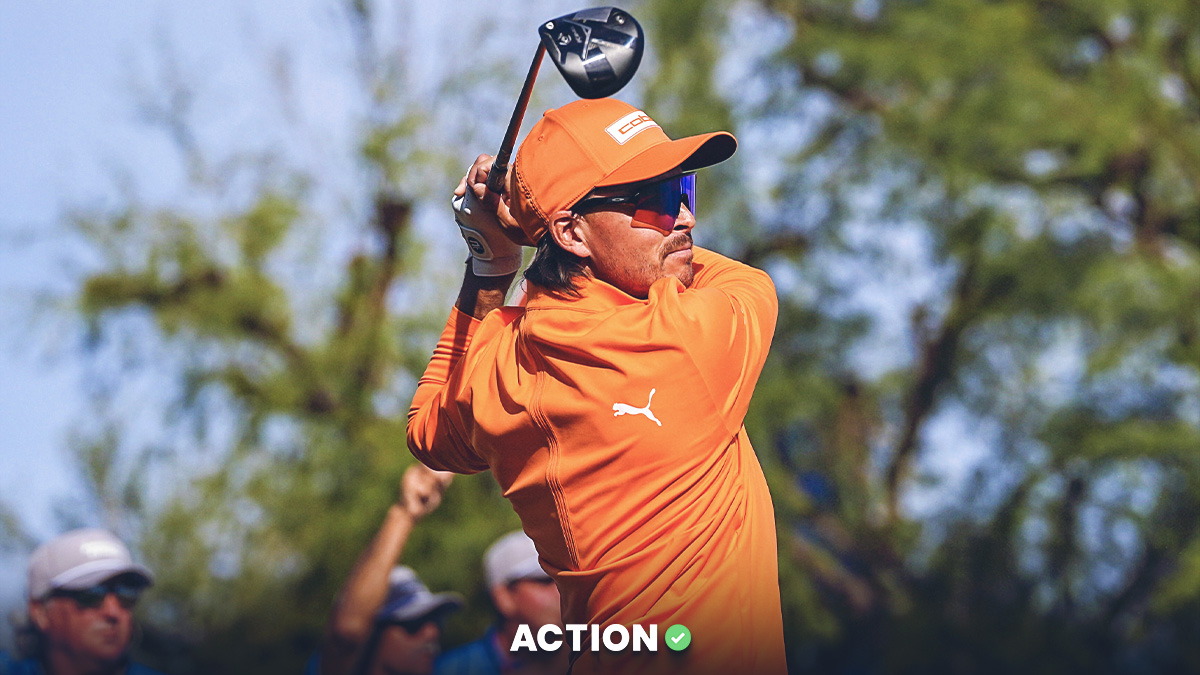Saying there’s a lot to unpack from this week’s Ryder Cup is like going on a shopping spree in the merchandise tent and arriving home from Rome with five extra suitcases.
I suppose I could’ve gone with a baggage analogy here, but you get the imagery.
For a seventh consecutive time, the United States lost on European soil this weekend, falling behind early and ultimately losing by a score of 16½-11½
Nothing in golf brings out the hot takes from fans like the Ryder Cup – especially in defeat. I absolutely love the passion, but many of the takes going around range on a scale from egregiously wrong to fundamentally debatable.
Usually after big events, I’ll produce a list of my own 10 takeaways, but this time I’ll offer up a collection of opinions from fans throughout the week, with a spin on each of them.
“This was the worst choke job in the history of U.S. Ryder Cup teams!”
Figured I’d start off with one of the less volatile takes and go from there. Whew… alright, I get it. We’re a society steeped in recency bias, living in the now, a time bubble blocking our collective thoughts of anything that happened outside of five minutes ago. Does the loss hurt for American fans in the moment? Sure, all losses do. But there is no measure that this one is worse than any of the others, either in scoring differential or final-day heartache.
Just five years ago, the U.S. team lost by seven points, and it's already been defeated by nine on two separate occasions since the turn of the century. And just over a decade ago, the Americans led by four points entering Sunday’s singles session on home soil and failed to win. I empathize with the need to label this latest loss with some type of all-encompassing superlative, but the main theme is that this wasn’t the worst or least or weakest anything – it was exactly the same type of performance that we’ve witnessed on European soil for the past 30 years.
The previous five editions of this competition in Europe produced an average margin of victory of exactly five points and that’s what this one was. It was unconditionally typical. Albert Einstein once said that the definition of insanity is doing the same thing over and over and expecting different results. If there’s a fault here, maybe it lies in the expectations that a new captain, infused roster of players, evolving strategies, or a combination of all of them will somehow lead to different results.
“Zach Johnson was the worst captain in U.S. history!”
Again with the superlatives. Look, I certainly won’t defend Johnson and I’ll get to that shortly. I’ve been covering this event for 20 years now and if there’s one constant, it’s that the winning captain always receives too much credit and the losing captain always shoulders too much blame. There have been specific instances – Paul Azinger for the U.S. in 2008; Paul McGinley for Europe in 2014 – when I believed the captains actually implemented some strategic improvements which helped lead their respective teams to victory, but otherwise, I think we tend to view these men like coaches in other team sports, comparing their three-day stint during competition to full seasons of games.
As for Johnson specifically, it certainly wasn’t great, but if we examine outside the moment and reduce the pool only to recent captains on European soil, we can make a case that this year’s skipper wasn’t even close to the worst. In 2010, Corey Pavin showed little passion and couldn’t even produce waterproof rainsuits. Four years later, Tom Watson’s captaincy was so alienating that it provoked a mutiny from his players in the post-round press conference.
I thought European captain Luke Donald made a shrewd call to start the entire competition with the foursomes format – not only did that suit his team, but it forced Johnson’s hand. Rickie Fowler and Brian Harman were each clearly a better fit for this format, which meant the U.S. captain would have to leave a few of his big-name players on the bench, a critical move which was only exacerbated by the team losing all four matches and getting behind early. As for some of his other decisions, well, let’s get to ‘em…
“Those captain’s picks were all wrong!”
Johnson’s six wildcard selections – Sam Burns (1-2-0), Rickie Fowler (0-2-0), Brooks Koepka (1-1-1), Collin Morikawa (1-3-0), Jordan Spieth (0-2-2), Justin Thomas (1-2-1) – combined for a 4-12-4 overall record. In retrospect, it’s not hard to believe that this Ryder Cup might’ve been lost five weeks ago, when the selections were announced. After a poor season, Thomas was the most controversial pick, though he still shared top wildcard honors with Koepka, was anchored by the less controversial Spieth in partnered matches and at least displayed a pulse inside the ropes by playing with an exterior passion that others never showed.
If you want to make the case that Keegan Bradley would’ve performed better than Thomas or Burns or Fowler, who was dealing with an illness throughout the week and didn’t play on Saturday, I’ll buy it. If you’re insisting after the fact, though, that Bradley, Cameron Young, Lucas Glover, Tony Finau, Dustin Johnson and Bryson DeChambeau should’ve been the picks, that’s just sour grapes. In particular, I’ve seen plenty of fans contend that the last two – LIV Golf regulars, of course – should’ve been on this roster.
Personally, I wouldn’t have had a problem with that, but let’s not presume they would’ve had success. Two years ago, in a home game, they combined for a 7-0-1 record, but in the Ryder Cup before that, they went 1-7-0 on European soil, their games unseemly on the tighter setup. Again, this entire debate is hypothetical. Did the captain’s picks collectively play well? Nope, not at all. Can we definitively maintain that the team would’ve fared better with different picks? No, though I’ll readily admit that it couldn’t have been much worse.
“This whole team was just an ol’ boys club!”
The “boys club” indictment has been floating around since the picks were made, presumably because Thomas is buddies with Spieth, Burns is friends with Scottie Scheffler and everybody likes Fowler. It still feels like some empty accusation, though.
Think about it: Much of Europe’s success over the years has often been credited to the team’s players competing for each other, rather than any individualistic goals. And yet, now that the U.S. squad has forged some camaraderie amongst its roster, it’s largely been viewed as a negative. The most quizzical aspect to this accusation is that it suggests Johnson was somehow more interested in a buddies’ trip than winning his (presumably) lone chance at captaining a team. Even the most cynical amongst us can realize how foolish that is.
All of that said, perhaps the future powers-that-be learned a little something this weekend. Spieth looked terrible when paired with Thomas; Burns didn’t play well with Scheffler, but flourished with Morikawa; and Patrick Cantlay failed to vibe with usual partner Xander Schauffele, yet thrived with Wyndham Clark, a guy he didn’t even play with during any of the practice rounds. Whether it’s analytics over friendships or just a whole bunch of coincidence, it’s beneficial for the players to take some ownership responsibilities within the team, but maybe the lesson is that choosing partners based on prior relationships is highly overrated.
As Justin Rose said afterward, firing a clear missive at the American side, "A good pairing on the European team doesn't mean playing with your best mate. It means representing something bigger than yourself – and I feel like that's, for me, what being a European Ryder Cup player is all about."
“They should’ve played more competitive golf in recent weeks!”
Many of the European team members played the Irish Open, all of them played the BMW PGA Championship and one (Robert Macintyre) even played last week’s Open de France. On the U.S. team, all but Thomas and Max Homa (each of whom played the Fortinet Championship) and Koepka (who played LIV Chicago) hadn’t played tournament golf in five weeks.
Like many of these takes, this one seems to make sense in the aftermath, because it fits a narrative: The Europeans played recently, the Americans didn’t, and the Europeans won. Simple as that, right? Well… the last time the Ryder Cup was held on European soil, it was directly after the Tour Championship.
Players on that team admitted afterward they were fatigued from playing so much golf. I know, there’s a balance somewhere in between five weeks off and playing back-to-back tournaments on different continents, but after four days of practice rounds it's difficult to believe these guys weren’t already prepped and ready to play a competitive event again.
“Instead of rallying the team, HatGate hurt ‘em!”
My friends, we must do better. All of us. More than a half-century ago, some scandalous political stuff went down at a hotel called the Watergate. (That’s right, I called it “scandalous political stuff.”) Since then, anytime there’s a controversial event, we lazily throw a “gate” on the end of it. Anyway, let’s get to this specific one. Here’s how it all went down: Early Saturday, Sky Sports reporter Jamie Weir tweeted that Cantlay wasn’t wearing a USA hat as part of a protest over wanting to be paid to play – and that more importantly, it had caused a derision inside the team room.
Upon hearing this news, the home crowd started waving their hats toward Cantlay. Later in the day, as he was flipping a four-balls match with birdies on the final three holes, his own teammates were waving their hats in his direction. So, too, was Joe LaCava, Cantlay’s own caddie, who lingered for a little too long near Rory McIlroy’s putting line, which led to some words between them in the moment and some much louder words between them in the parking lot not long afterward. It was golf’s version of a bench-clearing brawl, as we rarely ever witness any outward animosity at the uppermost level of this sport.
Players were heated, caddies were heated, spectators were heated. As for the impact of this skirmish, though, it’s tough to believe it helped the U.S. team. “I let it fuel me,” McIlroy said after Sunday’s victory. “It all gave us a little bit of fire in our bellies to try and get the job done today.” To recap: A group of already motivated golfers became even more motivated after this entire thing took place. I don’t know that it directly hurt the Americans, but perhaps indirectly, in that it lit one more fire under the European side. Oh, and as for Cantlay, he was adamant afterward, telling NBC, “It’s totally false. Couldn’t be further from the truth. There hasn’t been one word of that all week. It's just outright lies.”
“You media guys got everything wrong this week!”
Ahem, I’d like to remind you that I had Europe to win, Rory McIlroy for top points scorer and Max Homa for top U.S. rookie, so fact-check that statement! But, uh, yeah… not exactly the greatest performance from the golf media industry as a whole. First, there was Weir’s report, which might’ve had some truth to it, but if everybody involved vehemently denies it then it’s fairly impossible to prove.
Then there was the NBC report Sunday morning which stated that LaCava met with McIlroy face-to-face before Sunday’s round and cleared the air with him. Rory himself refuted this report directly after he’d closed out his singles victory. I can absolutely understand the public’s frustration at receiving what it perceives as disinformation and it’s situations like these which cause people to stop trusting the media. All I can tell you from having been around the game for a while is that these specific reporters get a whole lot more right than they get wrong – and sometimes a story that seems wrong in the moment just hasn’t yet been proven right. Not making excuses for anyone else, but I’d suggest that you don’t allow the outliers to serve as the examples.
“Now look at ‘em all, wearing LIV team shirts and smiling after losing!”
I’ll admit that after some lengthy days, it took me longer than I would’ve liked to type out this whole column. The good news, though, is that I procrastinated long enough to see some of the U.S. team’s post-tournament social media posts – and more hilariously, some of the comments to those posts. One tweet in particular showed Koepka with his arms around Fowler, Homa, Burns and Schauffele, each of whom is wearing a t-shirt with the logo for Smash GC, which is Koepka’s team on LIV.
I know you won’t believe this, but there were some people absolutely incensed by this – not so much that PGA Tour players were adorned in a LIV logo, but at the thought that these players weren’t spending the remainder of the evening wallowing in their misery and trying to figure out how to win the trophy back next time. Sorry, folks. Hate to be the bearer of bad news, but there’s nothing wrong with enjoying the company of your teammates (and the opponents) and having a little fun in the aftermath of a loss. It doesn’t mean they don’t care and doesn’t mean they aren’t sad. Some might even call it healthy behavior.
“Come on, they don’t care as much as the European guys!”
I will say this much: When American players speak of the game’s biggest events, they talk about trying to peak four times per year. When European players speak about them, they’ll more often include the Ryder Cup, as well. That doesn’t mean, though, that the U.S. team collectively didn’t care enough. There’s no measurement of desire, but there weren’t tears streaming down their faces due to apathy.
If there’s a difference between how Europeans and Americans view this event, it’s apparent in all those who consume the product, not just those who compete in it. Five years ago, I met some buddies in a Parisian pub on Sunday evening. It was at least 5-6 hours after the event had ended. Inside, though, the European crowd was still singing songs for Tommy Fleetwood and Francesco Molinari; they were still reveling in that afternoon’s victory. Perhaps it only serves to suggest that some of them can party better than some of us. But I’d be willing to bet that – win or lose – you wouldn’t find many establishments in the U.S. that wouldn’t immediately turn the TV from the Ryder Cup to NFL games and patrons of these establishments who wouldn’t refocus their attention.
That’s a massive difference – and I do think that it permeates itself into how this event is regarded by those involved. Again, it doesn’t mean they don’t care as much. It just means that maybe this event isn't quite as ingrained into the foundation of American players as it is for the Europeans.
“This team might not win for a long time!”
Granted, McIlroy, Jon Rahm, Viktor Hovland and Ludvig Aberg aren’t going anywhere for a while, but this competition has turned into a lopsided one in favor of the home team over the past decade. The next Ryder Cup will be held at Bethpage Black, where some would-be spectators might already be camped out in the parking lot and the crowds will be as raucous as we’ve ever seen for this event. It also won’t hurt that the U.S. team is going to set up the course in the most American way possible.
Forget more distance and less rough, players might have to eat a plate of cheese fries on the first tee and name a different New York Yankees player to validate each hole won. If that’s not enough to convince you that the Americans will likely be the pre-tournament favorite once again in two years, then think about the potential captain. This was once believed to be the perfect spot for Phil Mickelson to take the reins in an atmosphere where he’d thrive in this role.
It seems unlikely as of right now that this will ever happen for him, and even unlikelier that it will happen in two years. So, who’s the answer? Nothing has been announced – and won’t be for a little while – but don’t be surprised if the next captain is a guy who might just spark a little more enthusiasm and motivation out of his players. Some dude named Tiger Woods.


